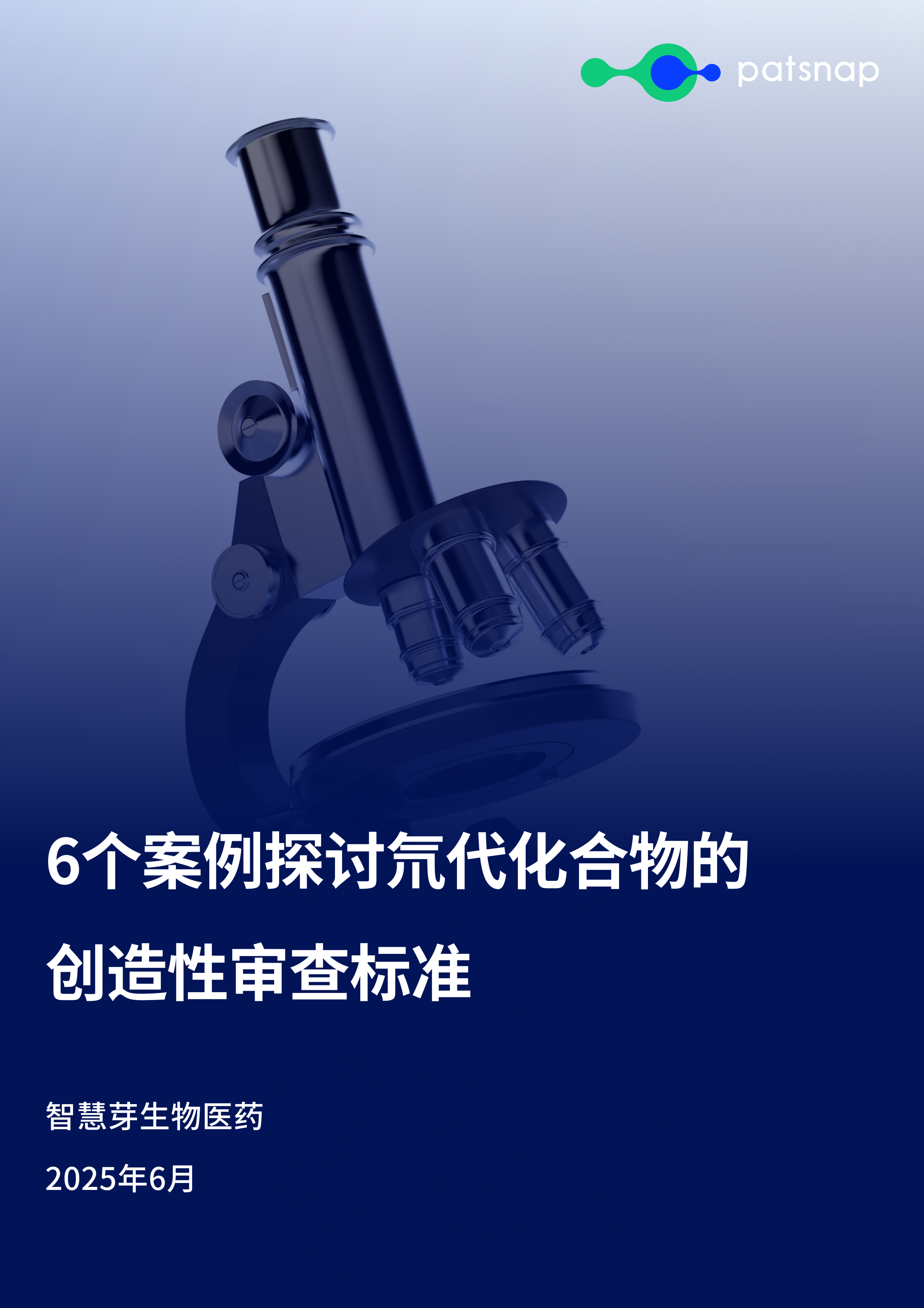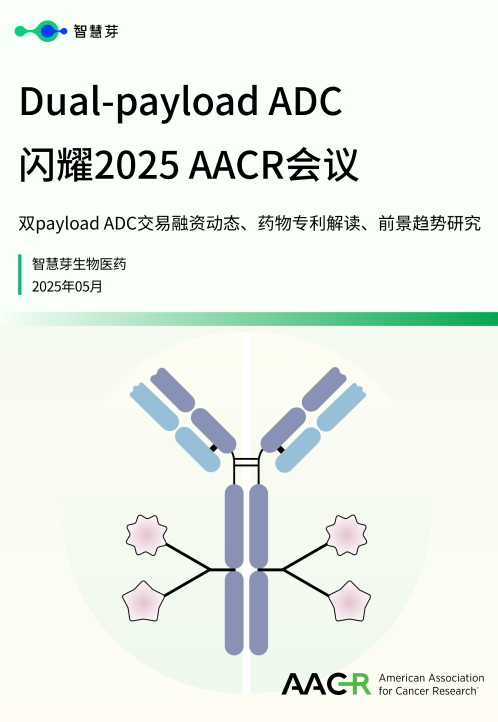预约演示
Denali, Neurogene and more picked by FDA's 'Operation Warp Speed' for rare disease
2024-06-04
临床2期基因疗法
Applicants for the Support for clinical Trials Advancing Rare disease Therapeutics pilot program had to meet certain criteria from the Center for Biologics Evaluation and the Center for Drug Evaluation and Research, which were in charge of selecting up to three sponsors each.
The FDA’s “Operation Warp Speed” equivalent for rare disease will include programs from Denali Therapeutics, Neurogene, Larimar TherapeCenter for Biologics Evaluationmpanies aCenter for Drug Evaluation and Researchses.
The FDAport for clinical Trials Advancing Rare disease Therapeutics pilot program, or STDenali TherapeuticsinNeurogener Larimar TherapeuticseleraGrace Sciencese drug development by providing select companies with more frequent engagement with FDA staff who will offer guidance on issues around study design, patient selection and product characterization. Participants work with the FDA to set milestones and success metrics.
Applicants had to meet certain criteria from the Center for Biologics Evaluation and Research (CBER) and the Center for Drug Evaluation and Research (CDER), which were in charge of selecting up to three sponsors each. CBER sought sponsors deveFDAing cell or gene therapies for rare conditions that can cause serious illness or death before age 10, while CDER was looking for those wiFDAproducts to treat rare neurodegenerative diseases.
Denali’s program in START is focused on the genetCenter for Biologics Evaluation and Research (CBER)polysaccharidosis type IIIA, also known as MPS IIIA or Sanfilippo syndrome type A. Its candidate DNL126 replaces an enzyme that’s missing due to a gene mutation. The drug is currently in a phase 1/2 clinical trial.neurodegenerative diseases
Denaliene is participating with NGN-401, a ggenetic neurodegenerative lysosomal storage diseaseamucopolysaccharidosis type IIIAirls to slow durMPS IIIAy chSanfilippo syndrome type Aeing studied in DNL126e 1/2 trial, with interim data expected later this year.
Neurogene START program evaluateNGN-401bofusp (CTI-1601) forRett syndrome atagenetic diseasecondition that affects mobility and cognition starting in late childhoodNGN-401im data from an ongoing phase 2 trial are expected in the fourth quarter of 2024.
Grace’s GS-100, a gene therapy that treats NGLY1 deficiency, Friedreich’s ataxiaor START. NGLY1 deficiency is an extremely rare condition that causes a wide range of neurological symptoms of varying severity beginning in early childhood. Grace has treated two patients with GS-100 so far as part of a single arm, dose-finding phase 1/2/3 trial. A third patient is expected to receive treatment later this summer.
“We beliGS-100-100 has the potential to impNGLY1 deficiencyNGLY1the way drugs are discovered and developedNGLY1 deficiencyNGLY1rolyn Bertozzi, Ph.D., Grace co-founder, said in a press release. “The START program will help us not only improve the lives of patients suffering from NGLY1 deficiency, but also GS-100a trail for other diseases that are both rare and common.”
More announcGS-100 about START participants may follow soon. In an email to Fierce Biotech Research, CBER said four participants had been selected for the pilot program, while CDER has selected three. Once the FDA evaluates the initial pilot cohorNGLY1 deficiencyNGLY1second with more participants may follow, the agency said.
更多内容,请访问原始网站
文中所述内容并不反映新药情报库及其所属公司任何意见及观点,如有版权侵扰或错误之处,请及时联系我们,我们会在24小时内配合处理。
机构
适应症
靶点
Eureka LS:
全新生物医药AI Agent 覆盖科研全链路,让突破性发现快人一步
立即开始免费试用!
智慧芽新药情报库是智慧芽专为生命科学人士构建的基于AI的创新药情报平台,助您全方位提升您的研发与决策效率。
立即开始数据试用!
智慧芽新药库数据也通过智慧芽数据服务平台,以API或者数据包形式对外开放,助您更加充分利用智慧芽新药情报信息。



